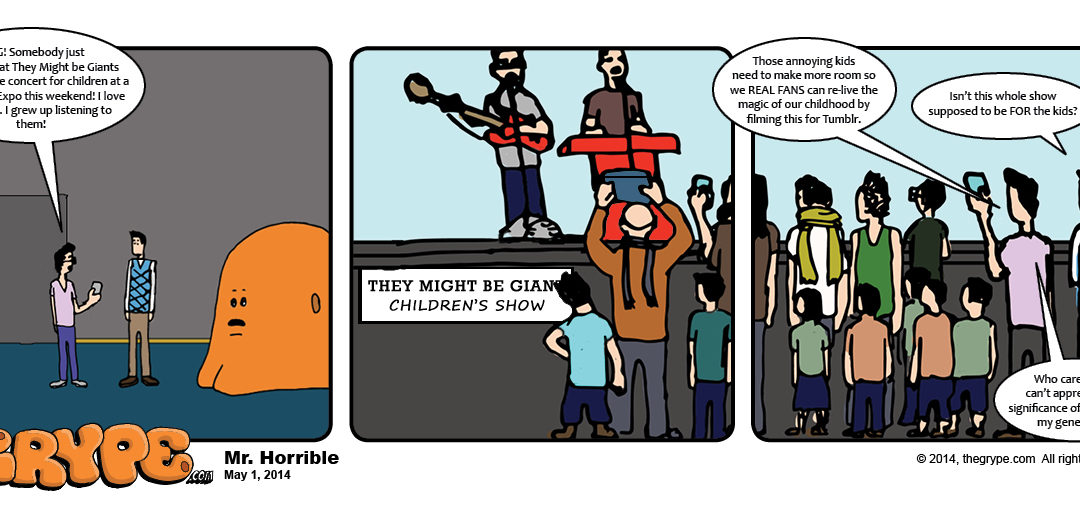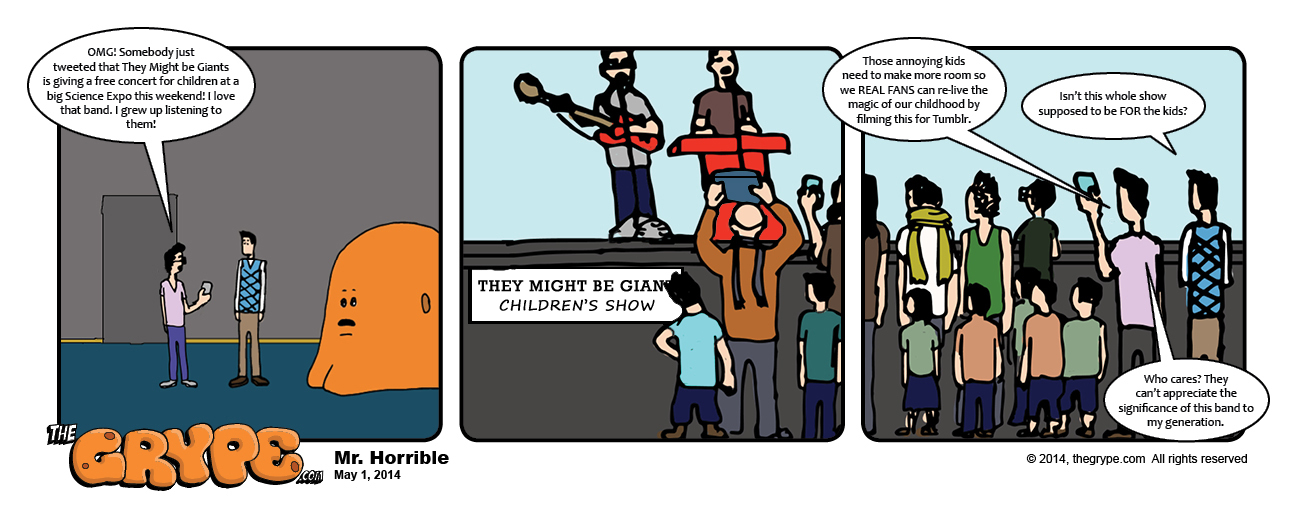In the midst of the recent batch of assorted overseas atrocities, it makes a certain amount of sense that more subtle foreign threats might go unnoticed. One example that reads like a plot hatched by an international super-villain is the recent World Bank Group attempt to privatize that most essential of all resources: water.
Yes, you heard right. Humans can’t survive more than a few days without water, but our old friends at the World Bank Group, during its annual spring meeting, just spent four days hosting discussions in Washington, D.C. with civil society groups from around the world. One of the hottest topics? The intention to increase the number of private for-profit water projects throughout the developing world, bypassing civil governments in favor of corporate development.
There’s no denying we face a global water crisis… a quarter of the world population currently lacks sufficient access to clean drinking water. So in order to solve this crisis (argues the World Bank Group), why not start tossing contracts in all directions, creating a water-production free-for-all for multinational corporations who can then dispense the world’s most important natural resource to developing countries on a money-per-gallon basis. This type of privatization is the best solution, asserts the World Bank Group, and since they are the largest funder of water management in the developing world, they have the clout to make it happen.
But international advocacy groups are warning against it, calling attention to the horrible abuses of past private-sector water projects. Water privatization doesn’t work like telecommunications: one might tolerate undependable phone service, but if your municipal water flows through faulty pipes, that can be disastrous. When the private sector engages in water provision, disparities in access and cost invariably follow. The track record of privately funded water projects proves that the private sector seldom finds it profitable to invest in the kind of serious infrastructure required to ensure that communities have uninterrupted access to clean and affordable water. Instead, private companies tend to seek “efficiency solutions,” hiking their prices while they cut spending on infrastructure investment on an “only-as-needed” basis. To put it bluntly, they don’t build pipeline systems if they can ship water in via small containers and just sell it by the gallon.
Even while the World Bank Group continues to push water privatization (and the massive profits it entails), its own data betrays the sad fact that a large percentage of its own private water projects are in big trouble. Its project database for private participation in infrastructure documents a 34 percent failure rate for all private water and sewerage contracts entered into between 2000 and 2010… and more recent data is just as worrying.
Greed makes it too easy to deny consumers a reliable water supply when more money can be made by monetizing their thirst. What’s next? The privatization of sunlight, or oxygen? In any case, there’s a huge potential for corruption in any business that deals with as important a natural resource as water— just look at the excesses taken by the oil industry. There is a time and place for private business competition, but this one is too damn important to trust to any corporate bean-counter obsessed with the bottom line. That is why public institutions— not private corporations— must lead the development of water systems and delivery. The World Bank Group is uniquely positioned to increase access to clean water for the billions who need it. Rather than using its influence to inflate the bank accounts of private water companies, it should support affordable and clean— and public— water for all.
In a similar scenario… wasn’t a cruel and greedy water company the villain in the parched post-apocalyptic world of Tank Girl?


